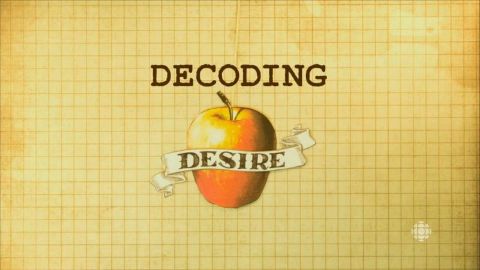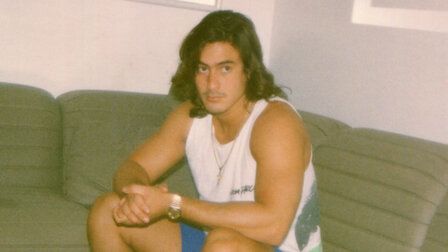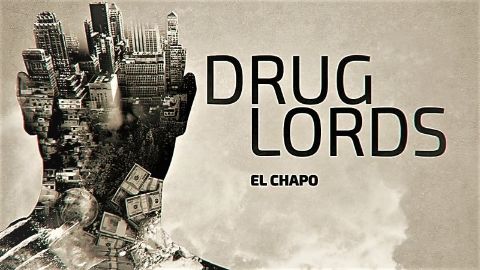Freud • 2016 • episode "Part 3" • Genius of the Modern World
Bettany Hughes travels to Vienna on the trail of Sigmund Freud, the father of psychoanalysis. Freud's influence surrounds us. In our vocabulary - repression, penis envy, the Freudian slip - and in the freedom we take for granted, to talk openly about our deepest feelings and insecurities. A pioneer in the study of the human mind, Freud's psychoanalytic methods addressed emotional issues, seldom even discussed in the 19th century. Talking to his patients inspired his radical understanding of the unconscious mind, as a repository of hidden repressed emotions and irrational primal desires.
Make a donation
Buy a brother a hot coffee? Or a cold beer?
Hope you're finding these documentaries fascinating and eye-opening. It's just me, working hard behind the scenes to bring you this enriching content.
Running and maintaining a website like this takes time and resources. That's why I'm reaching out to you. If you appreciate what I do and would like to support my efforts, would you consider "buying me a coffee"?
Donation addresses
BTC: bc1q8ldskxh4x9qnddhcrgcun8rtvddeldm2a07r2v
ETH: 0x5CCAAA1afc5c5D814129d99277dDb5A979672116
With your donation through , you can show your appreciation and help me keep this project going. Every contribution, no matter how small, makes a significant impact. It goes directly towards covering server costs.








